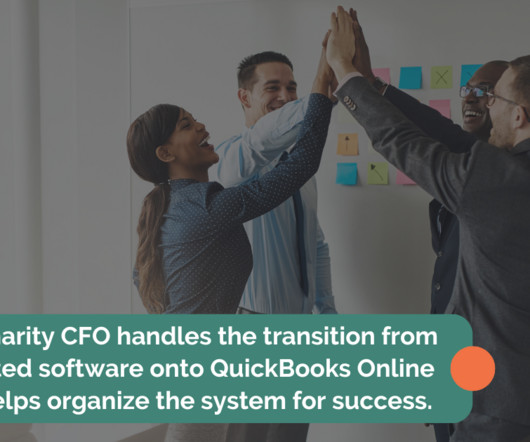5 Steps to Prepare your Organization for a Financial Audit
E78 Partners
SEPTEMBER 21, 2023
Audits, while essential for maintaining the integrity and trustworthiness of an organization’s financial reporting, can be a daunting task. This is not just because of the intricacies and specificities required by the auditing standards but also due to the numerous challenges faced by organizations in the run-up to an audit.
























Let's personalize your content